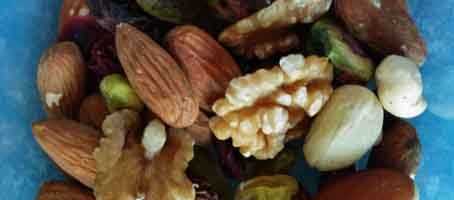Peanuts may reduce the risk of death that can occur from heart disease, a study on participants from the United States and China has found.
Research on nut consumption has been previously linked to a reduction in heart disease, diabetes and blood pressure, but this new study suggests that nuts can benefit people from all backgrounds.
A number of participants were studied by a research team from Vanderbilt University School of Medicine led by Dr. Xiao-Ou Shu, a professor of epidemiology. The objective was to examine the association between nut consumption and mortality.
71, 764 recruits were mostly low-income African-Americans from the south-eastern US, while 134,265 participants were residents of Shanghai.
Peanut consumption
How many grams of peanuts (including peanut butter) and other nuts eaten by participants per day, on average, were recorded. The recruits were then divided into five groups – these ranged from less than 0.9g per day to at least 18.45g per day.
The American recruits ate more nuts, while women generally ate less than men. Average nut consumption ranged between 1.6g for Chinese women to 16.4g for white men in the US.
The risk of death from any cause was 21 per cent lower in the group that ate the most peanuts, compared to the group that ate the least, while this risk reduction was 17 per cent for the Chinese.
Nuts and peanuts were found to reduce the risk of death from heart disease and strokes in both groups, but peanut butter was not found to curb this risk.
However, Professor Peter Weissberg, medical director at the British Heart Foundatio, warned against people interpreting these results as reason to eat excessive quantities of peanuts.
“The data do not show that the more peanuts you eat the lower the risk of a fatal heart attack, so people should not start eating large quantities of nuts, particularly salted nuts, in the hope that it will protect them from heart disease,” said Weissberg.
What's new on the forum? ⭐️
Get our free newsletters
Stay up to date with the latest news, research and breakthroughs.





